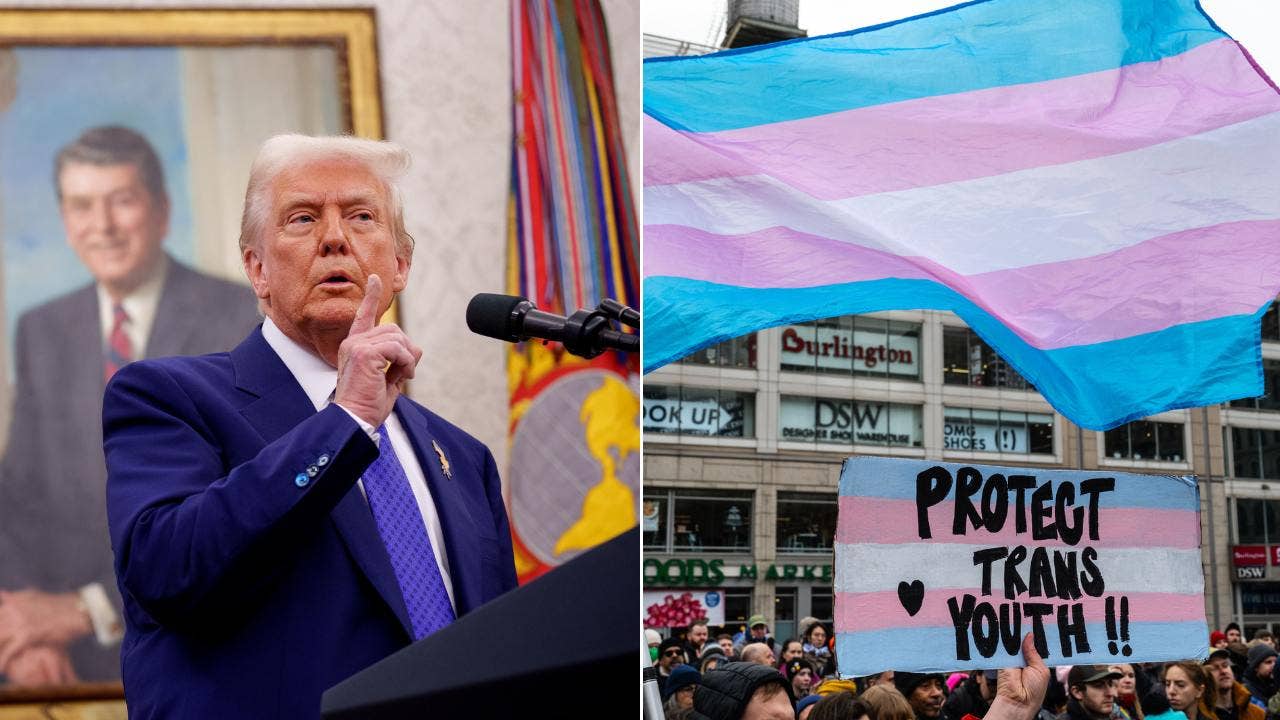Trump’s ‘two sexes’ order spurs state-level efforts to crack down on trans treatments for minors

Several states emboldened by President Donald Trump’s executive orders are taking steps to introduce bills that would ban transgender medical care for minors. According to legal expert Matt Sharp from Alliance Defending Freedom, this trend is a continuation of the success that states have achieved in recent years in pushing back against the Biden administration’s policies.
Sharp highlighted the progress that states like Idaho and Arkansas have made in passing laws to protect women’s sports and children from gender transition procedures. He noted that over 25 states have since followed suit, implementing measures to safeguard women’s privacy and safety in various settings.
This year, several states have introduced legislation to restrict transgender medical procedures for minors, with more than two dozen states already having laws in place on this issue. Alabama recently passed a bill in the Senate that seeks to define gender based on biological sex, in line with Trump’s declaration of “two sexes.” Georgia’s state Senate also approved a bill that would cut state funding for transgender surgeries for both minors and adults.
However, not all states are aligning with Trump’s orders. Kansas Governor Laura Kelly, a Democrat, vetoed a bill that would have prohibited state funds from being used for gender transition treatments on minors. Additionally, Democratic attorneys general from 15 states have issued a joint statement reaffirming their support for transgender procedures for minors.
Trump’s executive orders, signed in late January, include reinstating the ban on transgender troops in the military, prohibiting federal funding for sex changes for minors, and directing federal agencies to recognize only “two sexes.” Sharp views these orders as a positive shift away from what he describes as the federal government’s previous efforts to promote “dangerous ideology” regarding gender identity.
He sees Trump’s orders as a return to normalcy, countering what he perceives as the erasure of biological sex under previous administrations. Sharp believes that these policies have resulted in harm to young individuals, families, and women’s rights.
As the Trump administration takes a firm stance on gender-related issues, the U.S. Supreme Court will play a crucial role in determining whether states can ban medical providers from offering puberty blockers and hormone treatments to children seeking transgender surgical procedures. This decision could have far-reaching implications for the treatment of transgender minors in the future.
In conclusion, the debate over transgender medical care for minors continues to unfold at both the state and federal levels. While some states are moving to restrict these procedures, others are pushing back against such measures. The outcome of these efforts remains uncertain as legal battles and policy decisions shape the landscape of transgender healthcare in the United States.




